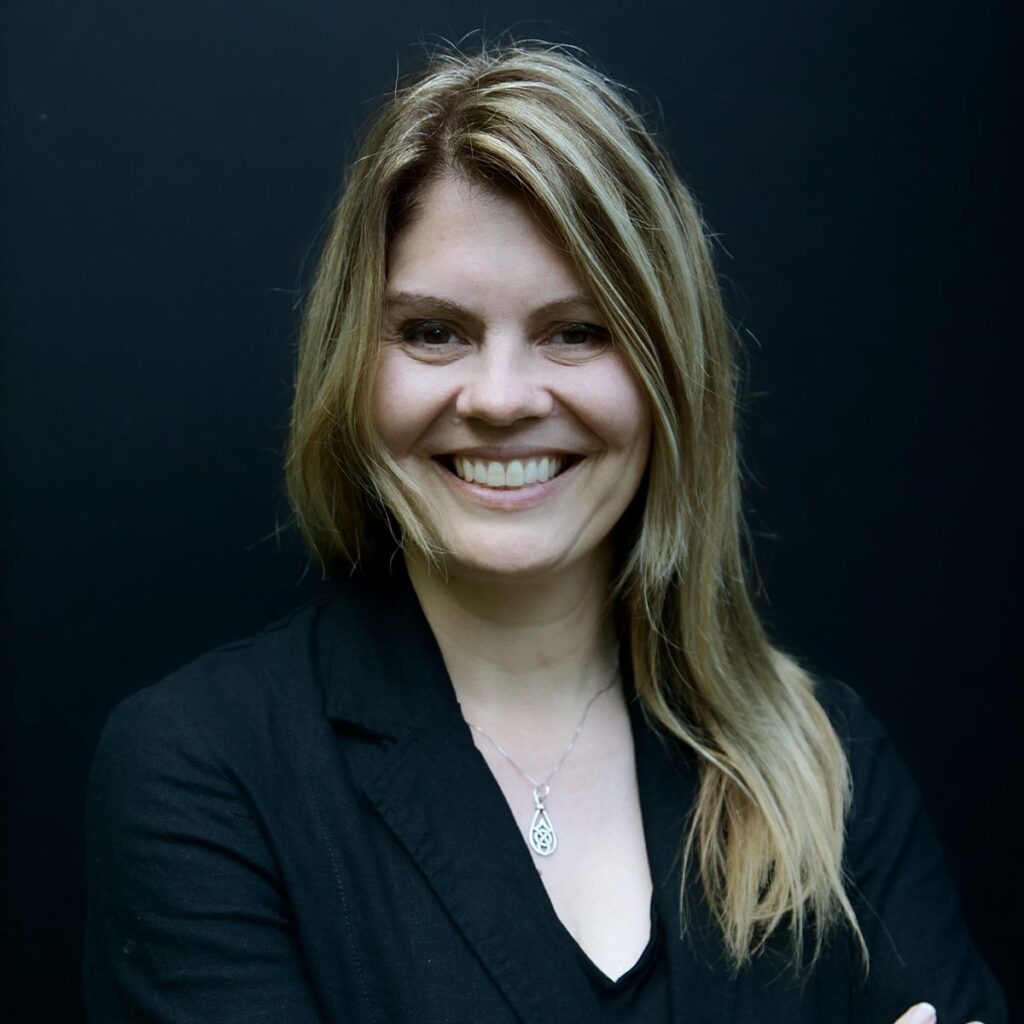How Community Links Program Restored Hope and Stability for a Struggling Family
For years, Ashley* struggled with her son Hunter’s increasingly aggressive behavior both at home and school. His actions — such as outbursts towards teachers, damaging property and conflicts with his siblings—had become a daily challenge. A CHEO evaluation identified multiple issues, including aggression, impulsivity and hyperactivity. Despite attempts to manage these challenges with mood stabilizers, his behavioural issues only escalated. Ashley felt trapped, unable to access the support Hunter desperately needed.
Read more
When the Children’s Aid Society of Ottawa (CASO) became involved, things finally started to shift. Ashley’s case was opened under CASO’s “Community Links” program, which emphasizes prevention and connecting families with essential community resources. Through this program, she was paired with Stephan Savage, a dedicated CASO worker who brought a fresh perspective and commitment to helping her family.
Stephan was different. He listened when no one else seemed to, making Ashley feel truly seen and understood for the first time. He enrolled Hunter in a specialized day program at Roberts Smart Centre for youth struggling with mental health and behavioural challenges and connected him with services at Crossroads Children’s Mental Health Centre. He also worked tirelessly to secure much-needed respite care for Ashley. Over the five months Stephan was involved, his support made all the difference.
“Stephan was the main factor in Hunter’s improvement. He was there to be my voice for school, for respite services, and to ensure Hunter had more outings,” Ashley said.
The most significant change was in Hunter’s behaviour. With better school plans in place and respite services on the horizon, his behaviour began to improve.
“It helped me a lot, and I’m not as stressed,” Ashley said. “It’s comforting to know that we’re not alone in this struggle and that there are people out there willing to help.”
While challenges remain, the road ahead looks far more promising to Ashley. The coordinated care between CASO, CHEO, and community organizations is crucial in keeping Hunter at home and out of crisis situations. Although there is still a long journey ahead, for the first time, Ashley feels she is moving forward.
The Unfunded Reality of Preventive Work
Through a preventative lens, Stephan took a different approach to helping Ashley and Hunter. He focused on fully understanding the family’s needs and dedicated the time necessary to guide them through a holistic plan. He also ensured they were prepared to engage with the appropriate services. Without this proactive intervention, youth like Hunter could easily have ended up in a group home.
Ashley’s case exemplifies the critical role of preventive approaches in child welfare. But the reality is that preventive work remains largely unfunded. The current funding model provides resources primarily based on the number of children and youth who enter care, leaving vital prevention initiatives like Community Links without dedicated support.
Ashley’s story is a powerful reminder that prevention, though often overlooked and underfunded, is crucial in helping children and youth thrive in a safe and nurturing environment.
*Names have been changed to maintain privacy.
Read less










